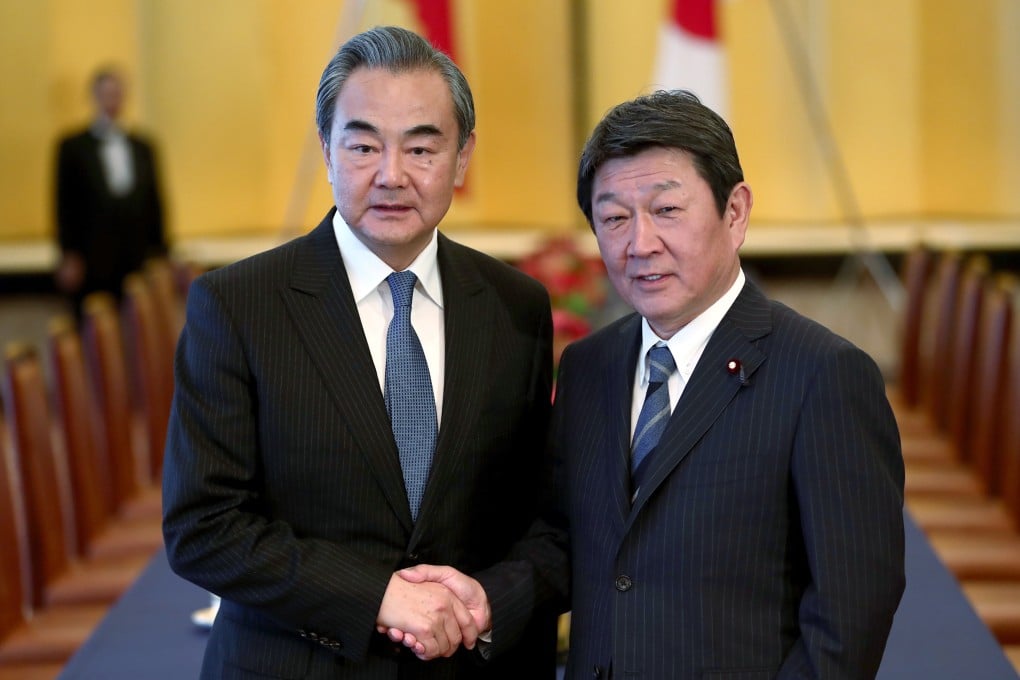Advertisement
Macroscope | Strains on China-Japan marriage of convenience could trigger a big row
- The diplomatic dance that Japan and China perform to do business with each other while remaining stand-offish in public could become difficult to maintain before long if things go on as they are
Reading Time:3 minutes
Why you can trust SCMP
24

When it comes to “love-hate” relationships, Japan’s with China must be unique. Even as a limping Japanese economy embraces China as its biggest export market, Japan is reportedly indulging in China-containing “war games” with the US in the Taiwan Strait and around islands in the East China Sea.
How long can this extraordinary situation persist before some incident forces one or other of the “odd couple” to question or even renounce their love-hate relationship? The China-Japan relationship is more a marriage of convenience than affection, and some fear that strains on the relationship could trigger a big row.
It is of course also a triangular affair with Japan’s dominant partner, the United States, bent on a policy of competing with or even confronting China, and Japan seemingly willing not only to go along with but also actively support such a strategy of competitive coexistence.
Advertisement
One manifestation of this has been the recent holding of maritime war games close to Taiwan and to the Senkaku Islands, known as Diaoyu in China, which Japan claims ownership of but which China and Taiwan also claim.
There is a good deal of posturing on the part of the US and Japan in these manoeuvres, as there is on the part of China in its sea and air incursions close to Taiwan and the Senkakus. So maybe they are not alarming enough to destabilise the Japan-China economic relationship of mutual need.
Advertisement
Advertisement
Select Voice
Select Speed
1.00x

